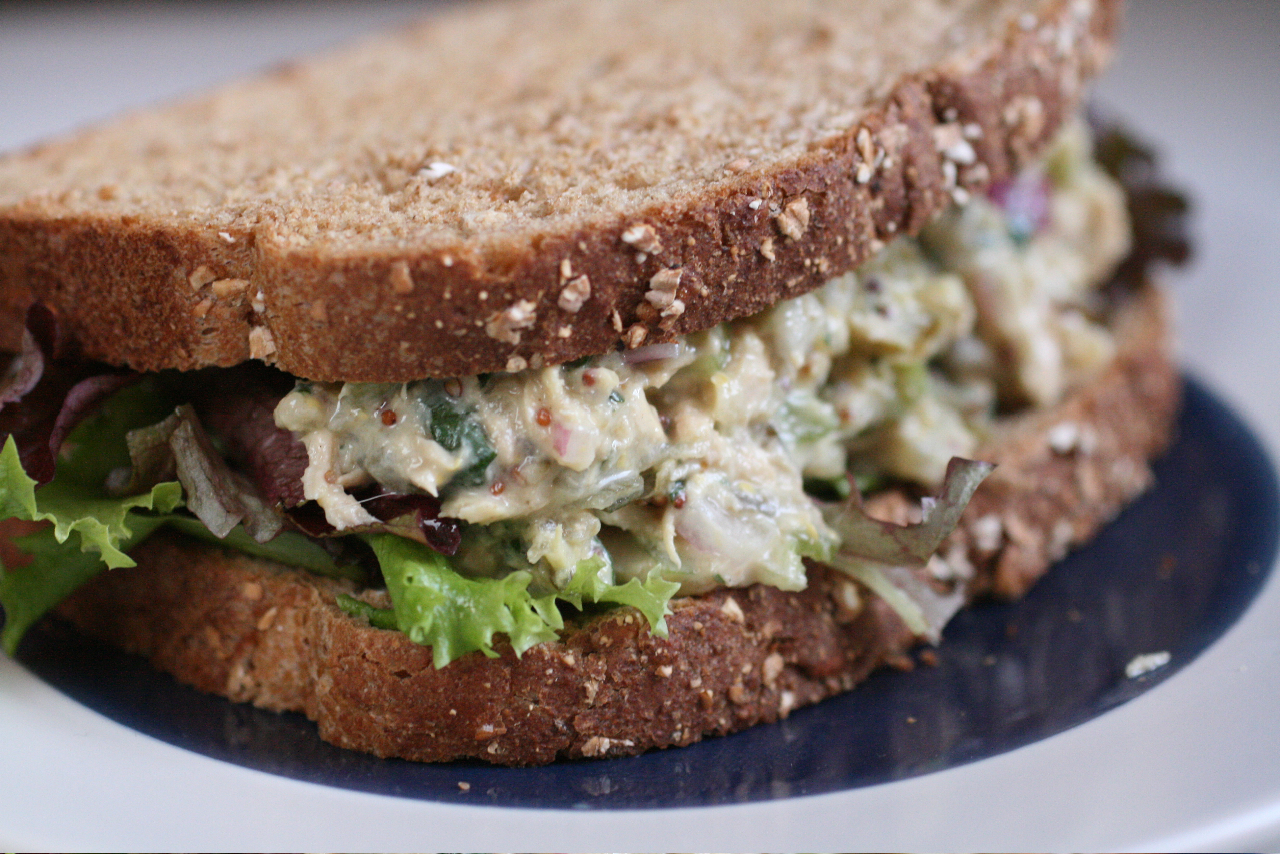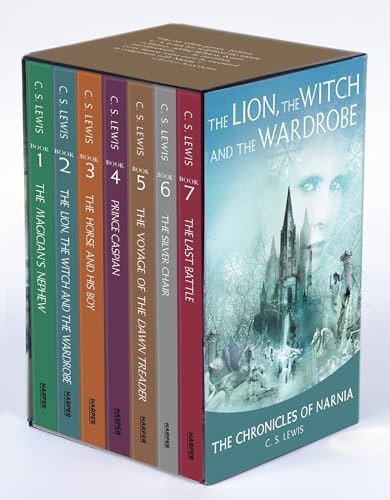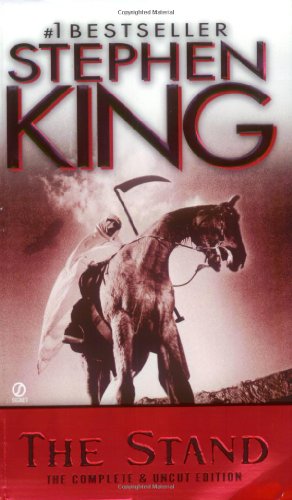1. Dry Spell
I’m going through a period where I’m not reading very many novels. I really hate this. To me, every period of reading stagnation is the beginning of the slippery slope, which will lead you to one day parrot the refrain your bookish, childhood self heard from all the adults in view: “I miss reading,” and “I used to read a lot, too.”
Telling a young bookworm that reading is something people might stop doing is like telling people who just fell in love that a day will come when they won’t want to have sex all the time. No one is trying to hear this.
Many of the books I have read are indexed by place and time. Usually there is nothing particularly meaningful about the occasion, and the memory is populated by mundane details—this book goes with a bus in that city; that one under the hostess stand at that restaurant; the other belongs in a purse I used to have, and wish I had still.
But there is a flash point where the book you are reading is exactly the book you should and want to be reading at that moment, and the combination renders the occasion of your reading so intensely pleasurable that you remember it for years as a halcyon day in your life.
In a dry spell, I find myself fantasizing about these greatest hits of my reading past, fetishizing afternoons on couches lost to time.
 These are not the kind of memories with a facile cinematic chronology—it’s impossible to create a montage of a girl supine for eight hours with Of Human Bondage. And while you can think long about a particular book—its plot or its meaning—there is no narrative to an epic reading of a book as there is with other life moments (He said x, and then he kissed me; the phone rang, they rescued Timmy from the well.)
These are not the kind of memories with a facile cinematic chronology—it’s impossible to create a montage of a girl supine for eight hours with Of Human Bondage. And while you can think long about a particular book—its plot or its meaning—there is no narrative to an epic reading of a book as there is with other life moments (He said x, and then he kissed me; the phone rang, they rescued Timmy from the well.)
Reading memories are intensely boring to describe to someone else in any detail. Reading memories are cat memories—a sunbeam, a warm spot, a heaven-sent breeze, distant voices.
Often, there are snacks.
2. Food
I was moved by Leah Carroll‘s poignant essay about the foods in which she takes comfort. I am a creature of habit, and I form periods of intense attachment to foods, just as I do with books. For me, many comfort foods are profoundly connected to my reading memories; books, like food, provide rich and varied nourishment, often greater than the sum of their ingredients. Taken in conjunction, books and food are a potent, comprehensive, and very private source of happiness. Proust‘s madeleine would feel more real to me had Proust, upon discovering the power of the cookie, obtained a huge box and eaten them while reading all seven Chronicles of Narnia.
On a summer Saturday, probably 2004, I mixed tuna fish in my mother’s style—with plain yogurt, a touch of mayonnaise, green onion, black pepper, and lemon—and spread it on melba toast crackers. I poured a coca-cola over ice. I took the plate to the couch, lay down, and read Lolita all the way through. And verily it was one of the most pleasant days of my life.
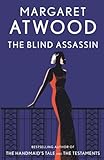 I remember a tuna fish sandwich and The Blind Assassin, sprawled on the same couch, on the same kind of summer afternoon. Tuna fish is writ large in my reading life, but only prepared in this precise way (with yogurt; the bread can be different, and sometimes I put mustard). When I need to manufacture happiness, I make tuna fish.
I remember a tuna fish sandwich and The Blind Assassin, sprawled on the same couch, on the same kind of summer afternoon. Tuna fish is writ large in my reading life, but only prepared in this precise way (with yogurt; the bread can be different, and sometimes I put mustard). When I need to manufacture happiness, I make tuna fish.
The fall I read 2666 coincided with my rediscovery of a very plain spaghetti I remembered eating every day one summer in my childhood—a spaghetti with butter, salt, and a mild cheese. Unsurprisingly, given its flavor profile and ingredients, I was crazy for this dish with a kind of fevered passion, which is just how I felt about 2666. The day I cranked through most of volume 2 was a day I did two things that are almost impossible: I read with a blinding hangover and I read while eating spaghetti. I think I made the spaghetti twice that day, so abandoned was I to hangover and booklust.
Like 2666, part of the appeal of the spaghetti was how delicious it was, and its impossibility as a permanent and frequent fixture in my snack rotation. I was wild for the book, and the spaghetti, but you cannot read 2666 every day, and butter spaghetti must be used infrequently, lest it lose its great effect, and you develop a pallor.
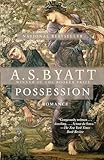 It was not my first spaghetti madness. One lonely high school summer spent in a new country, I plundered my parents’ pantry of commissary-bought cans and dry goods. I invented a version of canned clam sauce, heavy on white wine, and ate it every afternoon while reading the assembled works of A.S. Byatt. Possession tastes like canned clams and coca cola with a splash of wine; it sounds like the beetle that tapped faintly from behind the living room wall.
It was not my first spaghetti madness. One lonely high school summer spent in a new country, I plundered my parents’ pantry of commissary-bought cans and dry goods. I invented a version of canned clam sauce, heavy on white wine, and ate it every afternoon while reading the assembled works of A.S. Byatt. Possession tastes like canned clams and coca cola with a splash of wine; it sounds like the beetle that tapped faintly from behind the living room wall.
In 2005 I read The Sea, The Sea, and my encounter with Charles Arrowby’s homely yet intensely provocative food interests coincided with (or influenced, possibly) a period during which I ate cabbage and carrot salad every single day for several months. (Fear not, gentle readers, I ate other things too.)
An Arrowby meal, for the uninitiated:
. . . spaghetti with a little butter and dried basil . . . Then spring cabbage cooked slowly with dill. Boiled onions served with bran, herbs, soya oil, and tomatoes, with one egg beaten in. With these a slice or two of cold tinned corned beef.
In my beloved salad, the red or green cabbage is thinly sliced, the carrots grated. I add tiny slivers of garlic, olive oil, lemon juice, and a lot of salt. At the end, I drag my bread across the bowl and it is stained orange with the remaining oil and the life blood of carrots. I know this as a Greek winter salad, but my beloved roommate of the period made cabbage and carrot in her home Tatarstan. Cabbage and carrot is home food across great distances.
I remember eating a bowl of this and a loaf of the airy bread procured from my corner shop, lying on the bed with Iris Murdoch‘s best novel, and smoking cigarettes. This memory is especially riddled with nostalgia—now there are no more cigarettes, there is no more bread eaten in number 5 Happy Street (actual address) in a distant Istanbul suburb. I still make cabbage and carrot salads, but they are simulacra.
 Some foods are not my own creation. Another summer I spent every one of my lunch breaks eating xoriatiki salata from the same cafe while reading the majority of Stephen King‘s novels. Greek salad and The Stand are intimations of heaven on earth. During some weeks I was left to my own devices I contrived to eat the platonic ideal of chicken and rice at Philippou, the most wonderful restaurant in all of Greece, every day that I had the money to acquire it. That’s where I read Under the Volcano. I went back years later and took my beloved, but I cannot recapture the feeling of those hot days in a cool room, the whir of fans and the silverware clinking on the plates of the regulars, the ruination of Geoffrey Firmin.
Some foods are not my own creation. Another summer I spent every one of my lunch breaks eating xoriatiki salata from the same cafe while reading the majority of Stephen King‘s novels. Greek salad and The Stand are intimations of heaven on earth. During some weeks I was left to my own devices I contrived to eat the platonic ideal of chicken and rice at Philippou, the most wonderful restaurant in all of Greece, every day that I had the money to acquire it. That’s where I read Under the Volcano. I went back years later and took my beloved, but I cannot recapture the feeling of those hot days in a cool room, the whir of fans and the silverware clinking on the plates of the regulars, the ruination of Geoffrey Firmin.
Probably my nostalgia is less for the these books and these tuna fish crackers, but for lost places, lost summers, lost time (Oh hallo, Marcel—do pass the madeleines). Every passing year makes an afternoon spent on the couch less an inalienable right and more of a louche extravagance. Every year I see more clearly the first-world silliness of a spoilt youth eating dozens of baked chicken portions in a classy Athenian restaurant. I wouldn’t talk sense into her now, though. These memories are too precious.
All is not lost and melancholic. The dry spell will end, god willing. There are still books to read in snatched half-hours; there is passionate reading in our future. There is still tuna fish and cabbage salad.
Image credit: Flickr/galant.
